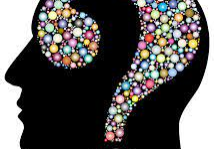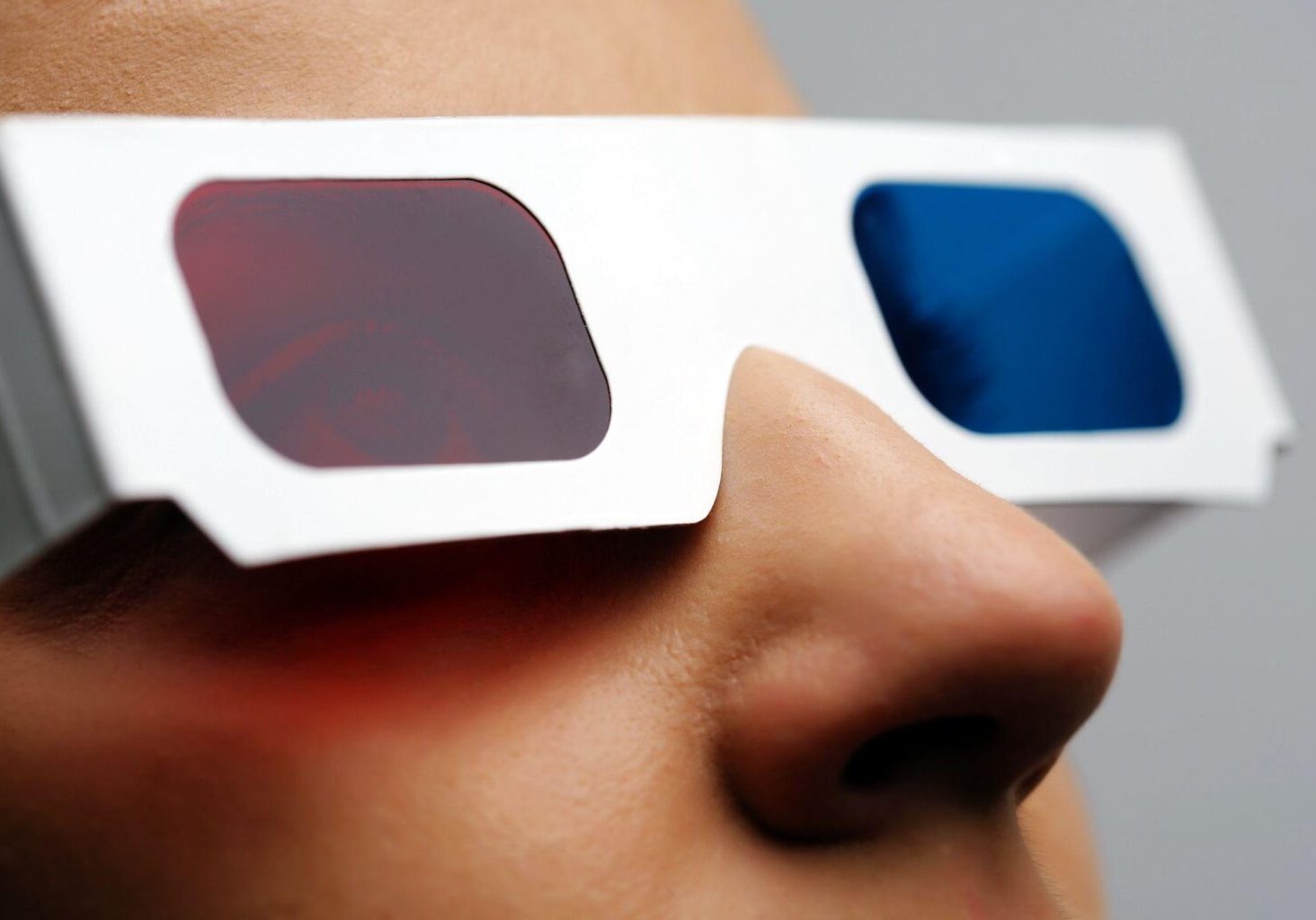Dizziness or Vertigo
Vestibular Dysfunction
Dizziness and vertigo are debilitating conditions caused by a problem with the vestibular system (the inner ear that senses motion) or the brain’s ability to process information from the vestibular system.
Vertigo is typically described as the sensation that the world is moving around the person, whereas dizziness is more of a sensation of the person being in motion or feeling unsteady. There is also another term, disequilibrium, that describes the feeling of the head being disconnected, floaty or foggy feeling.

Neuro-optometric rehabilitation therapy allows us to retrain your brain and eyes to regain functionality and quality of life through activities designed to help your visual and vestibular systems function properly. It works by using a variety of methods and techniques to get both eyes to work together and process central and peripheral vision accurately. This form of therapy is an effective treatment for reducing or resolving symptoms of dizziness, vertigo, or disequilibrium.
If you experience dizziness, balance issues, or motion intolerance, it is critical to have a thorough assessment of your visual system by a neuro-optometrist. Our neuro-optometric doctors can provide a variety of possible treatment options based on your case with a high rate of success. Contact Denver Vision Therapy to schedule a functional vision evaluation and start finding answers to your problems.








